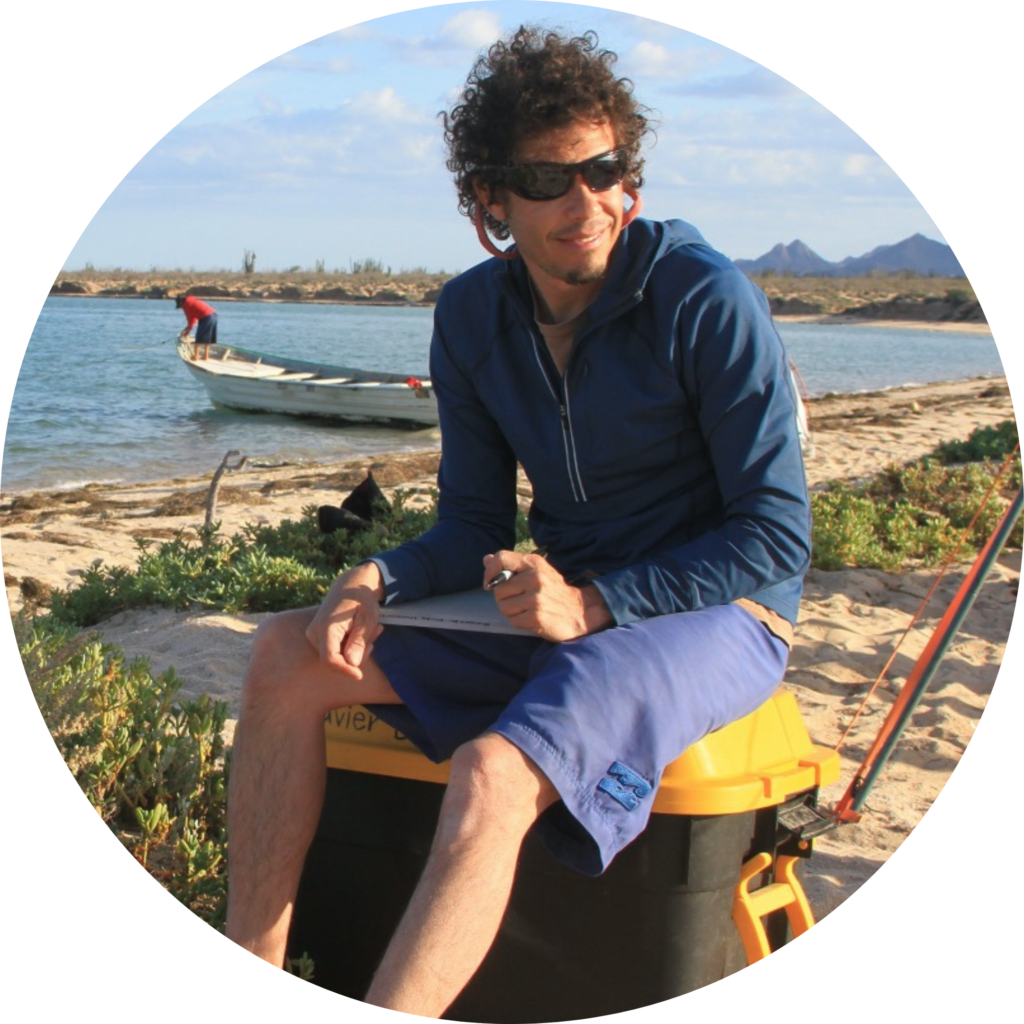Around the world, small-scale fisheries and aquaculture have an outsized impact on human health and the economy. Although smaller than industrial operations, they produce the majority of blue food bound for human consumption, over half of the world’s fish catch, and provide livelihoods for more than 800 million people. However, small-scale operations are often overlooked in food systems dialogues and face persistent misconceptions that all actors can be managed the same. In reality, this sector spans a range of geographies, cultures, technologies, markets and access rights that need closer consideration.
Based on 70 case studies from across the world, this paper articulates the incredible diversity of small-scale actors, including their adaptive ability to respond to trends and shocks like climate change and COVID-19. A first-ever framework breaks down the main characteristics of the sector, offering a more nuanced understanding of their strengths and vulnerabilities. Results highlight opportunities for policymakers to design tailored solutions that both celebrate and support the inherent diversity of small-scale actors within their communities.
Key findings

“We hope that by better defining the diversity of small-scale actors—both their strengths and vulnerabilities—we can help policymakers better design policies that support them.”
– Rebecca Short, Stockholm Resilience Centre

“This research comes at a crucial moment for small-scale actors and can help support their viability into the future.”
– Fiorenza Micheli, Stanford Center for Ocean Solutions

“Understanding the organizational diversity within small-scale actors is the first step towards designing policies that can support them and a healthy environment.”
– Xavier Basurto, Duke University
Learn more
- Read the press release
- Read Small fish in a big pond on Stanford News Service
- Watch the video feature
